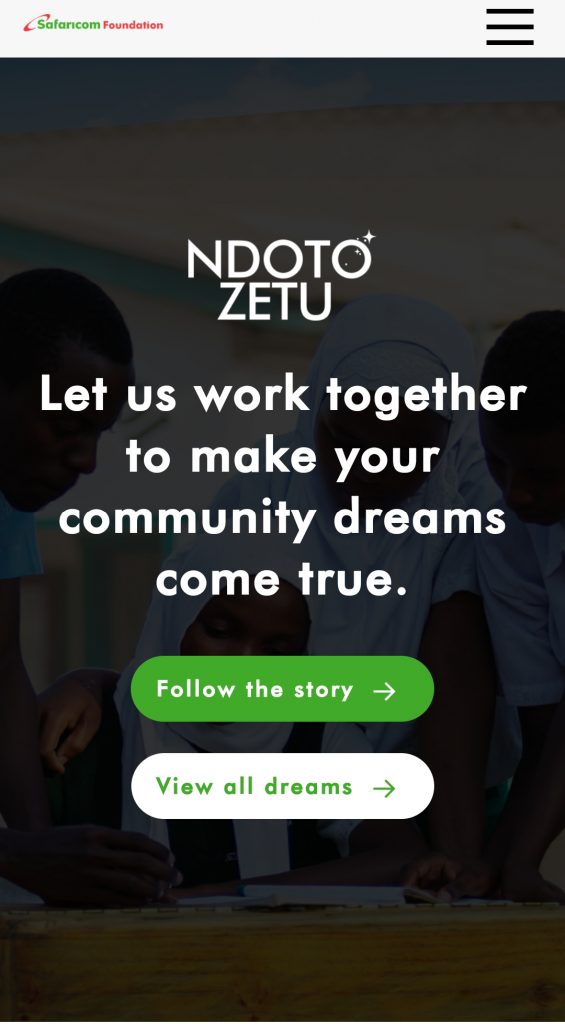Active Citizenship: Providing Safe Drinking Water to Children

A human being can go 3 weeks without food but only 3 to 7 days without water. A complete lack of water is in the extreme though, with the real threat being lack of safe drinking water. A lack of safe drinking water affects the quality of life of people around the world and makes them more vulnerable to waterborne diseases like cholera and typhoid.
Clean Water and Sanitation is Goal 6 in the Sustainable Development Goals . UNICEF estimates that 663 million people around the world do not have access to safe drinking water, with nearly half of there in Sub-Saharan Africa. Children are the biggest casualties of a lack of access to safe drinking water as diarrhoeal disease is the third leading cause of death for children under five.
Water isn’t only used for drinking, but also in many activities such as cooking, washing, cleaning and farming among others. This is especially important for communities that depend on some of these activities as a source of income. Even worse, the reality for a lot of people is that they must trek for kilometres to find a source of water, usually a river. The water is usually full of pollutants, an effect of rapid industrialization and poor sensitization on conservation and lax enforcement of the law, and is simply not safe to drink.
This trekking of long distances to fetch water also works to rob the most vulnerable in the society, women and children, of precious time. If you need a few hours every , day to fetch water, what time will you have to go to school or do your school work? Even if the water source is nearby, if it is not safe to drink, you still need to put in a few hours of boiling the water, which includes time spent fetching firewood for the task. It is then no wonder that the rate of girls dropping out of school in areas with access to safe drinking water is high.
Population growth, deforestation on water resources and lack of proper structures are some of the reasons that access to water is a pressing issue. Poor sanitation is also a consequence of lack of access to water and also compounds the health issues communities face. With adults too sick to work and children too sick to study, the economics of the problem are also clear to see.
There are a number of global organizations as well as local ones that have dedicated resources to make access to water possible for everyone. There are also individuals who through community organizing have taken up the challenge. Kiremu Primary School Water Project in Kiremu, Meru, headed by the headteacher Francis, has changed the lives of its students. The school had piped water supply from Mureri from Antuamwari Spring whose water level went down because of drought. Over 40% of students were absent on a daily basis due to limited access to water and food, lowering the quality of education as students opted to search for water than attend classes.
Through the Ndoto Zetu initiative by Safaricom, Kiremu Primary School Water Project has received Ksh 100,000 which will be used to purchase a 10,000 litres tank with 5 (16ft) gutters which will be used to harvest water during the rainy season for use by the 570 students. The school will also receive 20 fruit seedlings from another Ndoto Zetu beneficiary, Maritine Primary School in Maua to assist in provision of food as well as income.
http://www.mwendengao.com/2019/04/24/active-citizenship-providing-safe-drinking-water-to-children/HealthLifestyleNdoto Zetu,safe drinking water


Leave a Reply